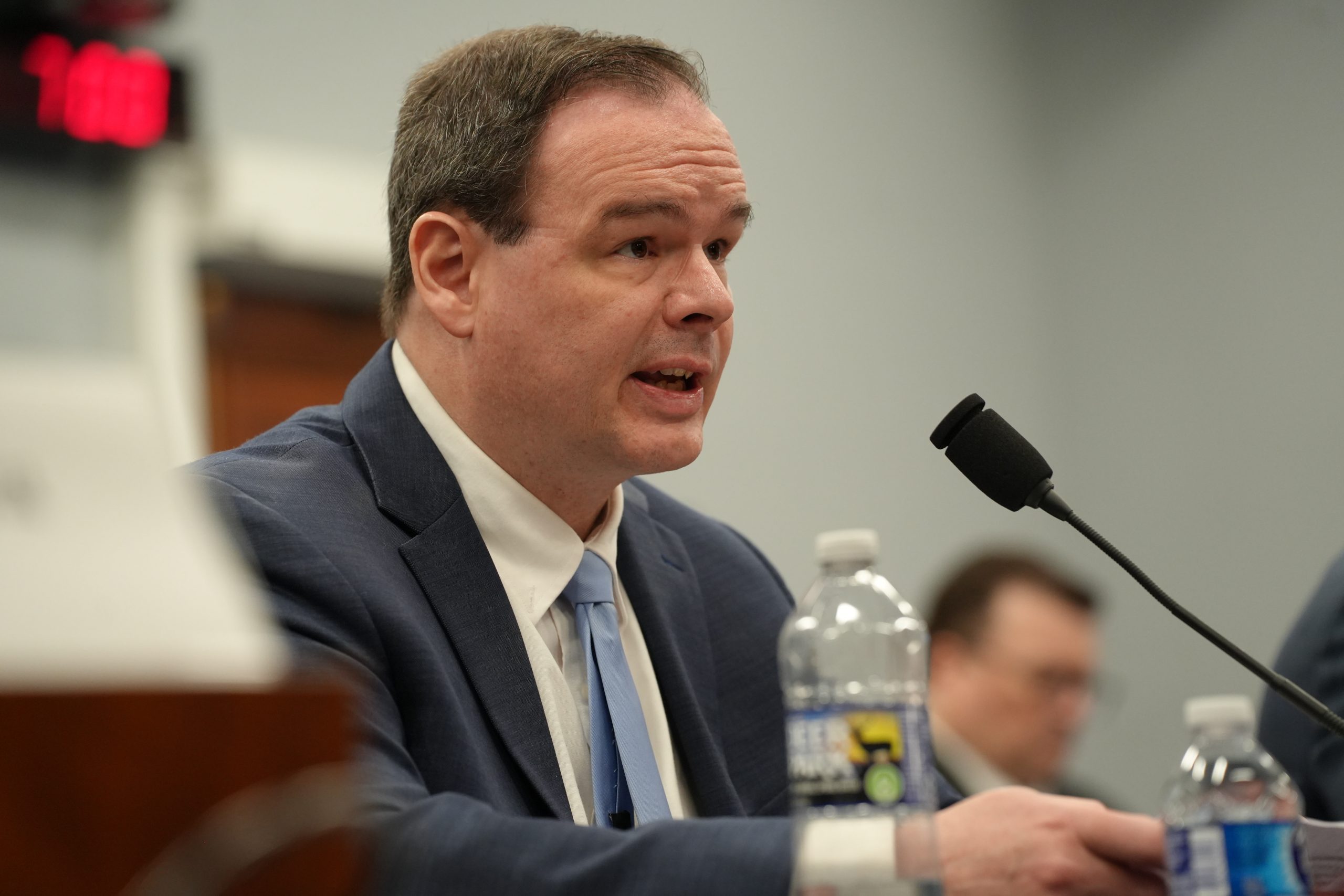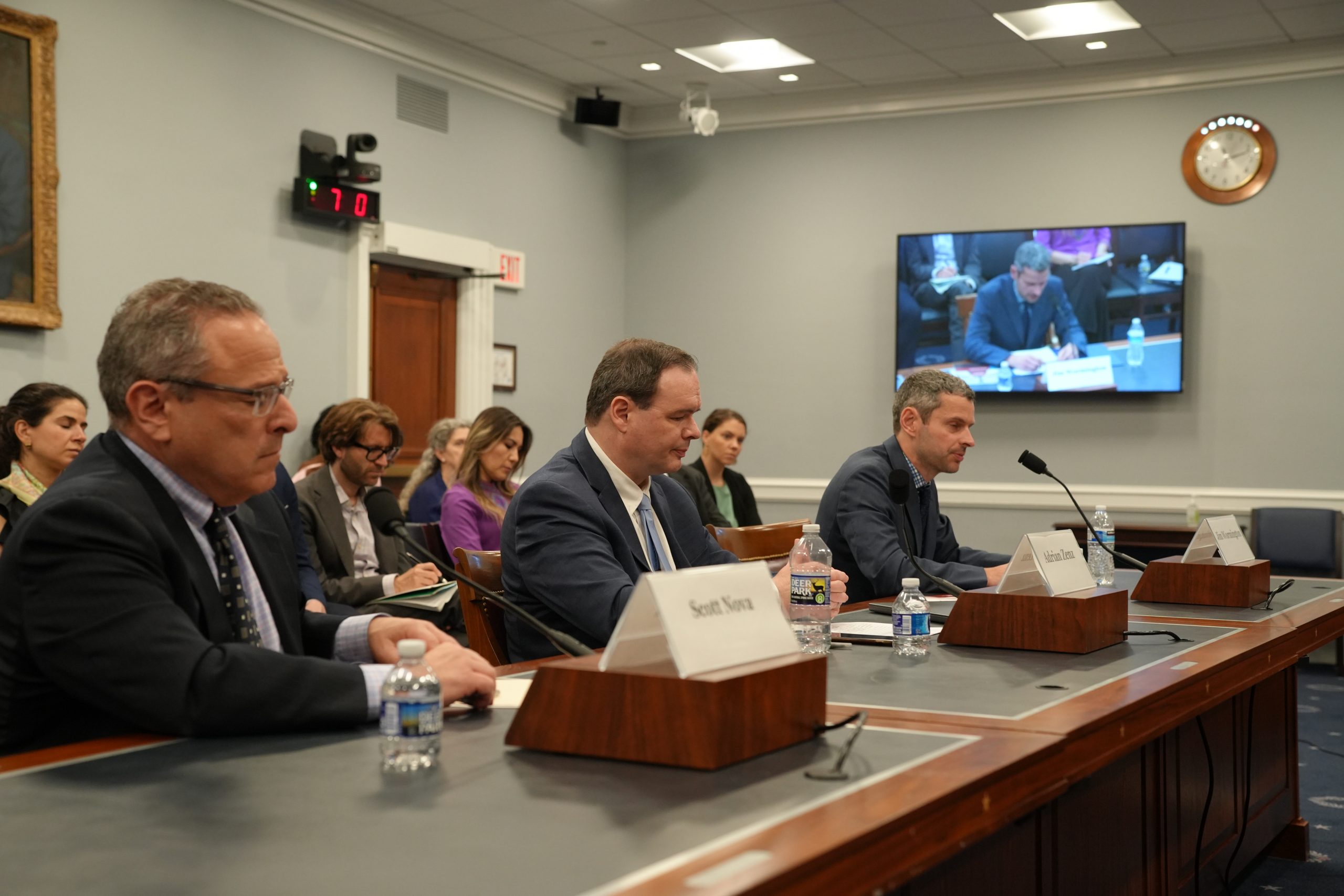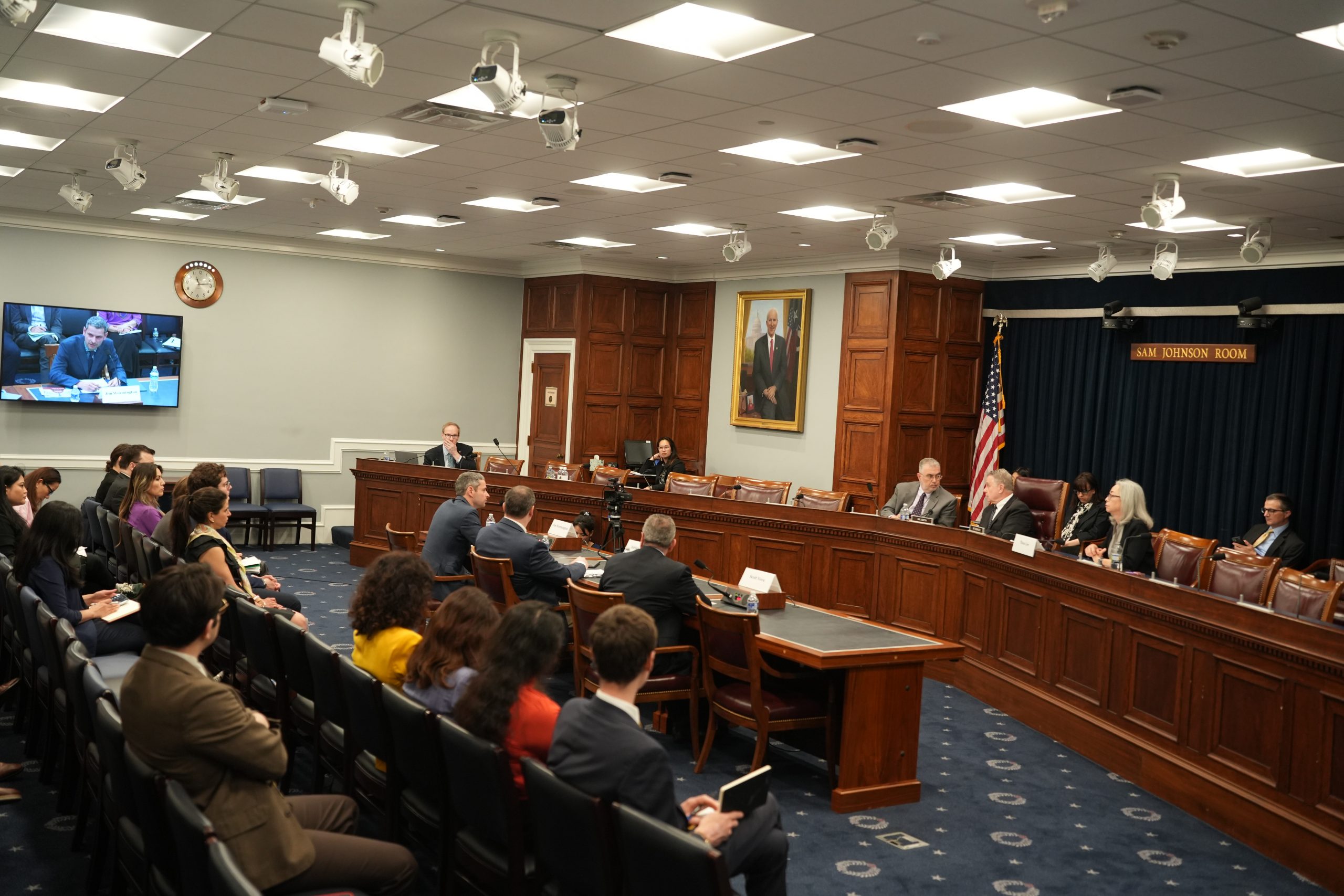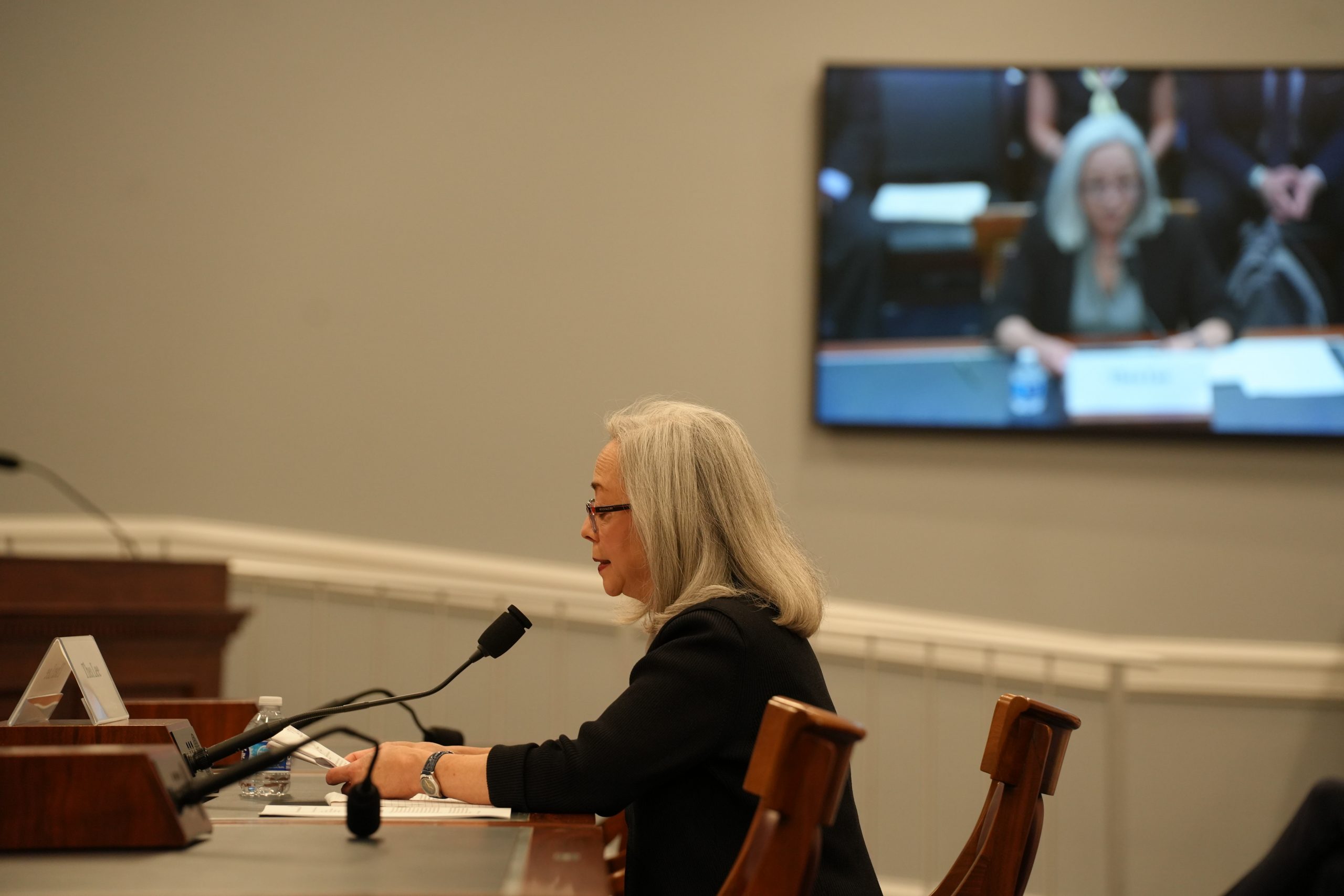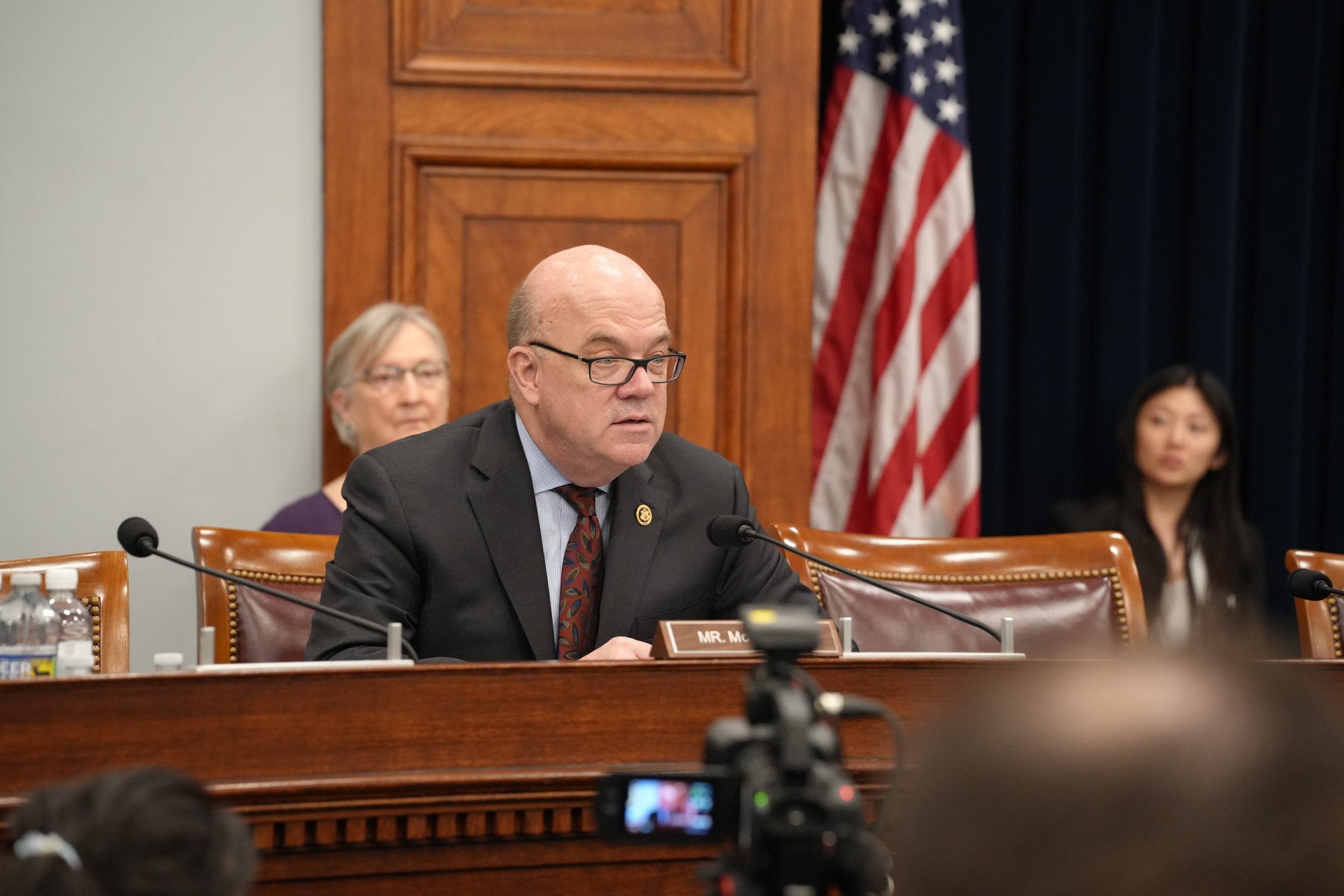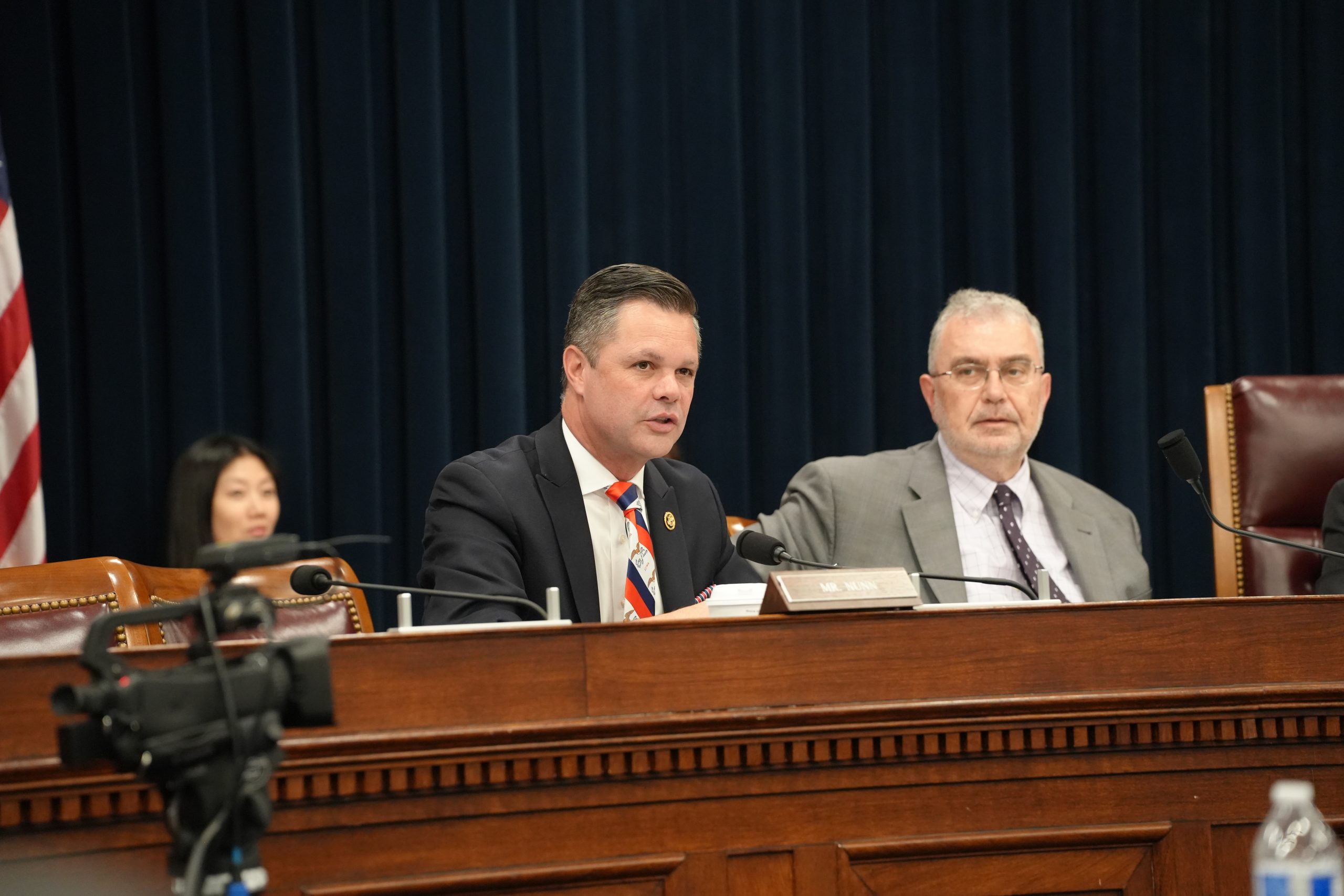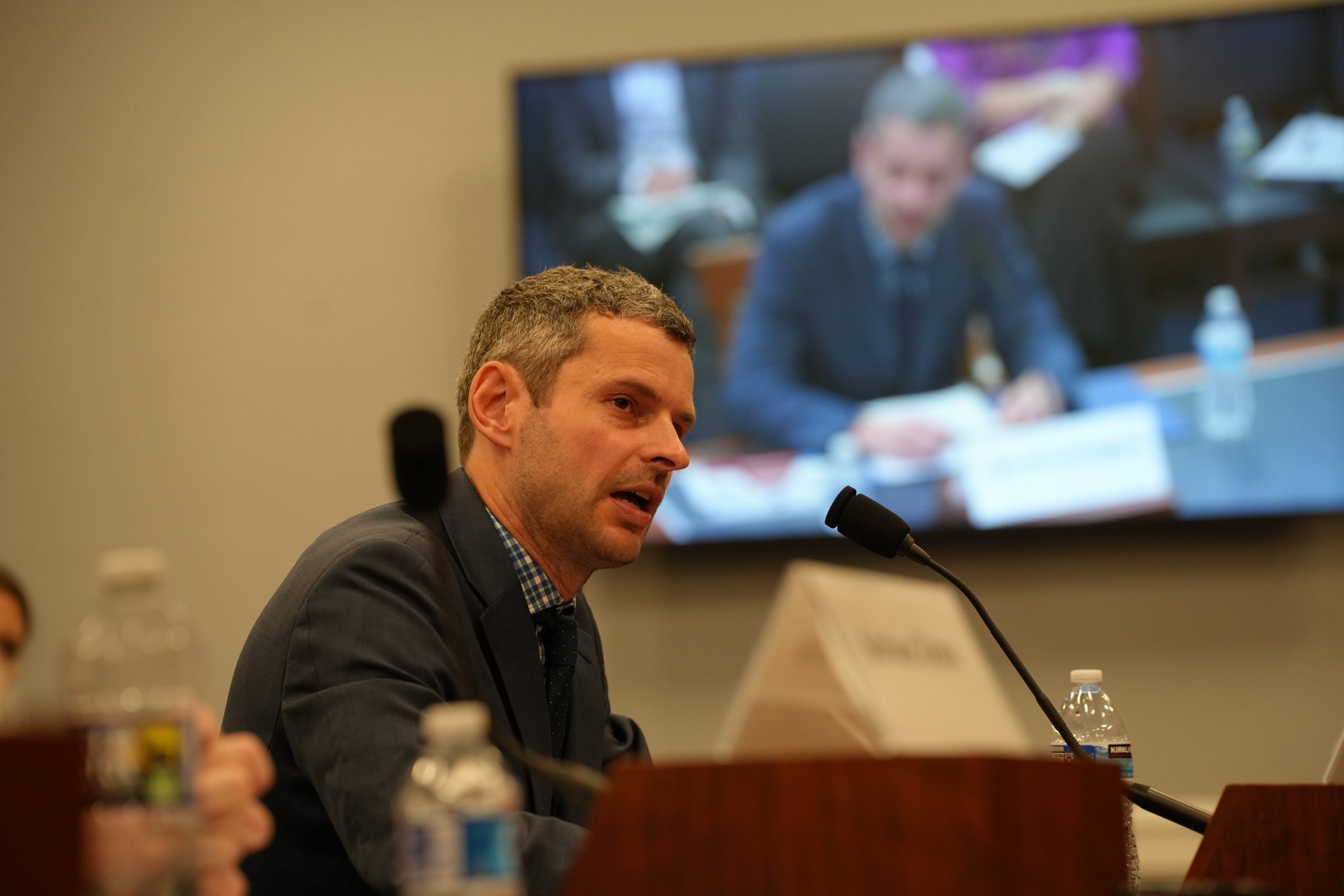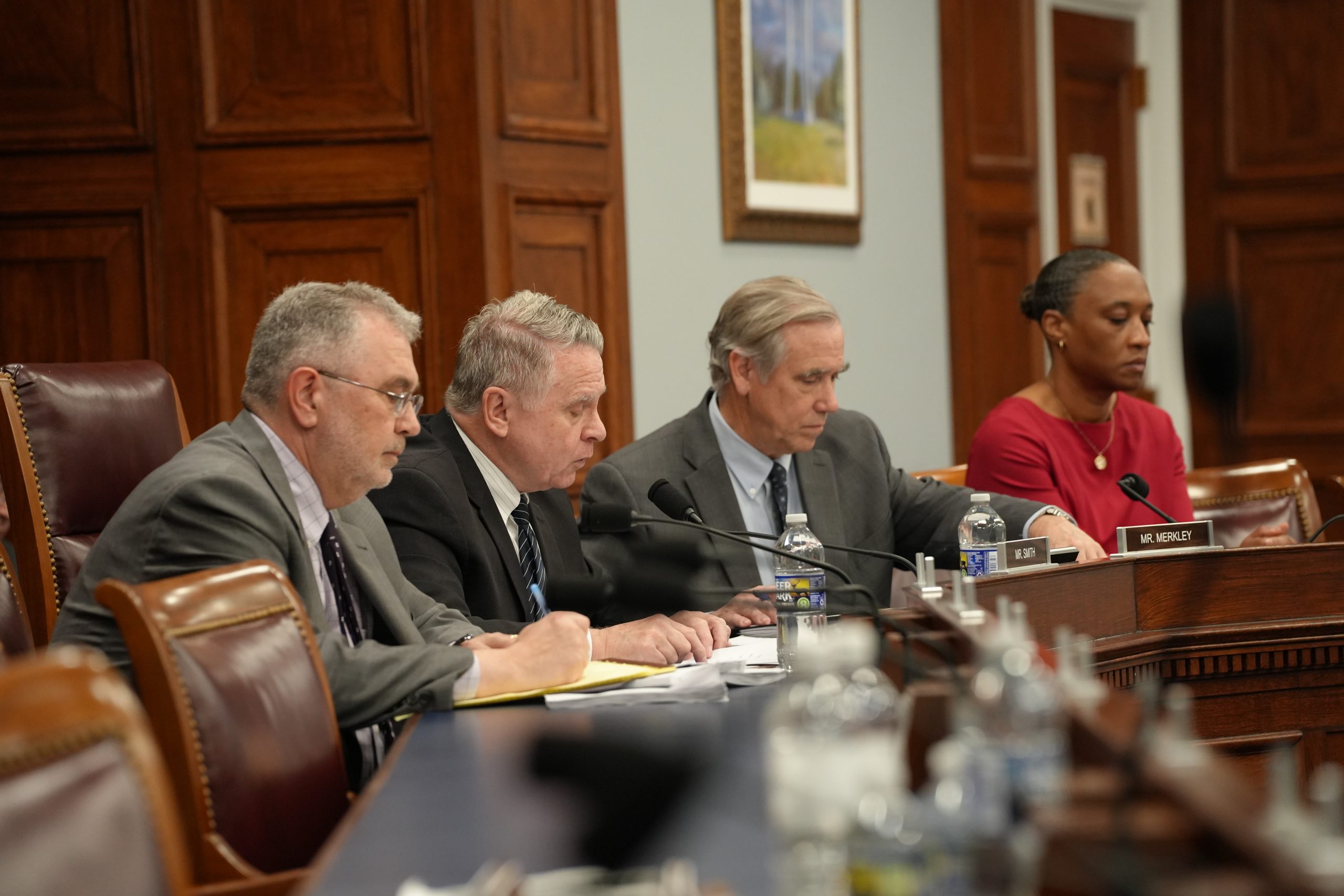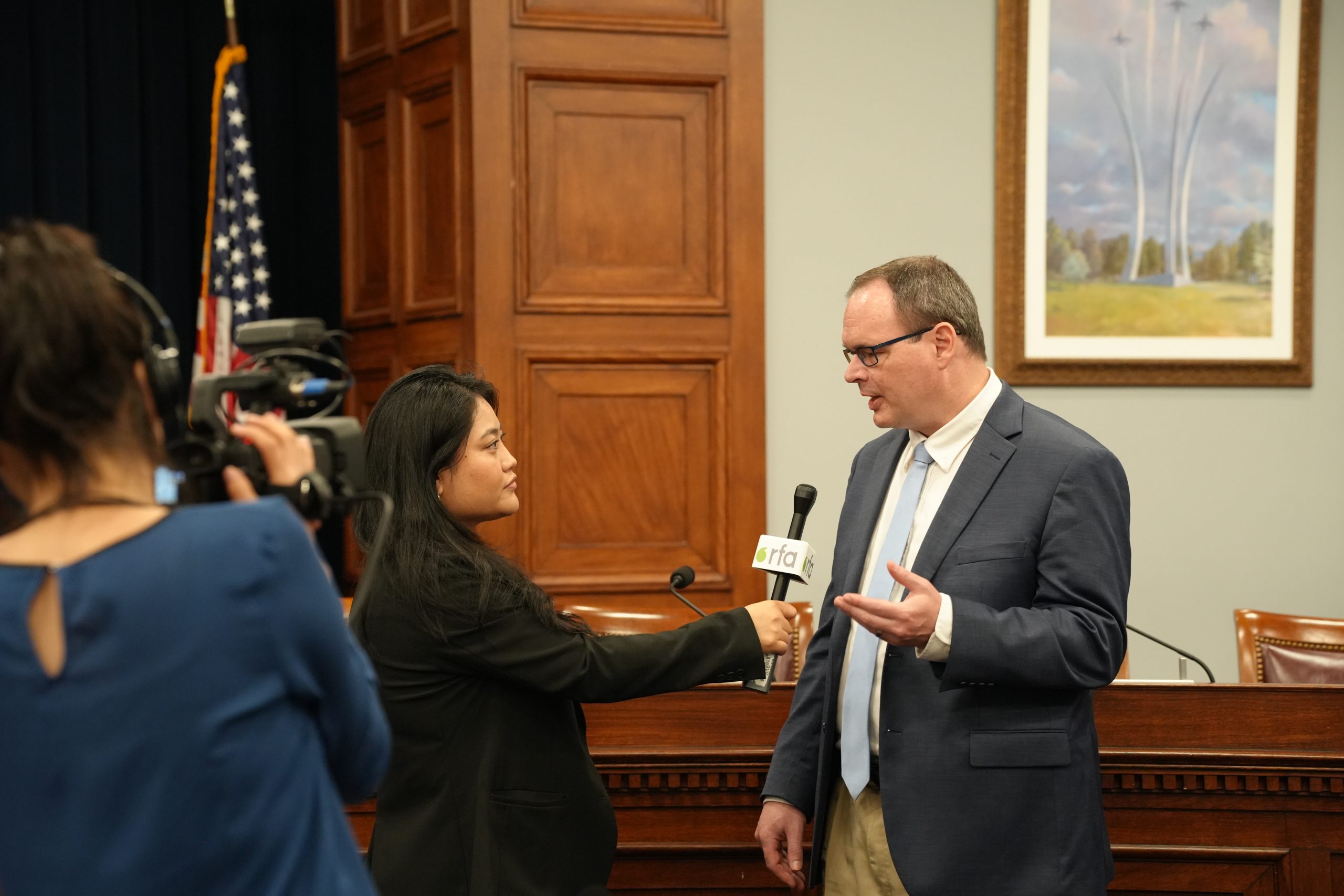A leading China expert from the Victims of Communism Memorial Foundation (VOC) testified before the Congressional-Executive Commission on China at a hearing on “Factories and Fraud in the PRC: How Human Rights Violations Make Reliable Audits Impossible.”
During the two-hour hearing on April 30—which was live-streamed to thousands of viewers and attended by leading members of the bipartisan committee—VOC’s China Director Dr. Adrian Zenz delivered updates on Beijing’s state-imposed forced labor system in Xinjiang, companies’ use of social audits to continue operating there despite ongoing atrocities in the region such as Uyghur forced labor, and policy recommendations to counter this.
In conjunction with Dr. Zenz’s 47-page written testimony submitted to the Committee, Dr. Zenz’s remarks represent a groundbreaking compilation of research on the CCP’s crimes, the impossibility of credible social audits in Xinjiang, and new evidence of ongoing corporate complicity and audit-washing by companies such as Volkswagen.
As Committee Chairman Rep. Chris Smith stated, “Our hearing today focuses on those manufacturers, suppliers, importers, and retailers whose supply chains are tainted by reliance on forced labor [in China] to achieve the lowest prices, yet who seek to rely on social auditing companies to obscure and whitewash that reliance.” The U.S. Uyghur Forced Labor Prevention Act, which came into effect in June 2022, bans all imports from Xinjiang unless companies can prove the absence of forced labor.
“If a company cannot say with precise certainty, to our government, to its shareholders, and, most importantly, to American consumers, that its products do not contain forced labor,” said Committee Co-Chair Senator Jeff Merkley, “then it needs to stop doing business there.”
Unfortunately, Beijing’s system of forced labor does not allow victims to speak freely, rendering the assessment of working conditions at individual companies nearly impossible. As a result, “due diligence efforts based on social or labor audits are not feasible,” said VOC’s Dr. Zenz. “Companies with operations or other business ties to Xinjiang, including through supply chains and intermediary countries, must be considered at risk of being tainted with forced labor.”
In a recent instance of audit washing—that VOC reported in December 2023 and that featured in Dr. Zenz’s remarks to the committee—Volkswagen published an “audit” of its joint venture factory in Xinjiang that can best be described as highly problematic. “[The audit’s] methodology shed significant doubts on the findings validity…and consisted of little more than a visual on-site inspection, combined with a review of staff work contracts,” Dr. Zenz noted. “Such a review cannot identify state-imposed coercion. Experts have noted that a poorly designed audit is at best meaningless and at worst, excuses harms that the audit claims to mitigate.”
To counter China’s system of forced labor and fraudulent audits, VOC’s testimony made detailed policy recommendations including:
1) The creation of legislation that mandates companies whose supply chains involve an elevated risk of forced labor must disclose their supply chains to the raw material level.
2) The U.S. Congress should conduct a detailed investigation of relevant auditing practices, experiences, and standards of auditing firms used by US-based companies to assess forced labor risks in China.
3) Congress should also conduct a hearing with representatives from Volkswagen to investigate the circumstances of the audit of the SAIC-Volkswagen factory in Urumqi, clarify contradictions in the report and subsequent updates, and address ethical questions surrounding its presence in the region.
Dr. Zenz’s testimony was requested by the Congressional-Executive Commission on China in recognition of VOC’s authoritative research uncovering human rights abuses in China. This notably includes Dr. Zenz’s recent report on the UN’s Xinjiang blindspot, which prompted the International Labour Organization to adopt nearly all of Dr. Zenz’s policy recommendations to more accurately measure and counter forced labor, in a new ILO handbook published in February. VOC’s other research includes its analysis of the hacked Xinjiang Police Files, which broke as a global news story in May 2022 in partnership with 14 world-leading media outlets including the BBC, Germany’s Der Spiegel, France’s Le Monde, and Spain’s El País.

